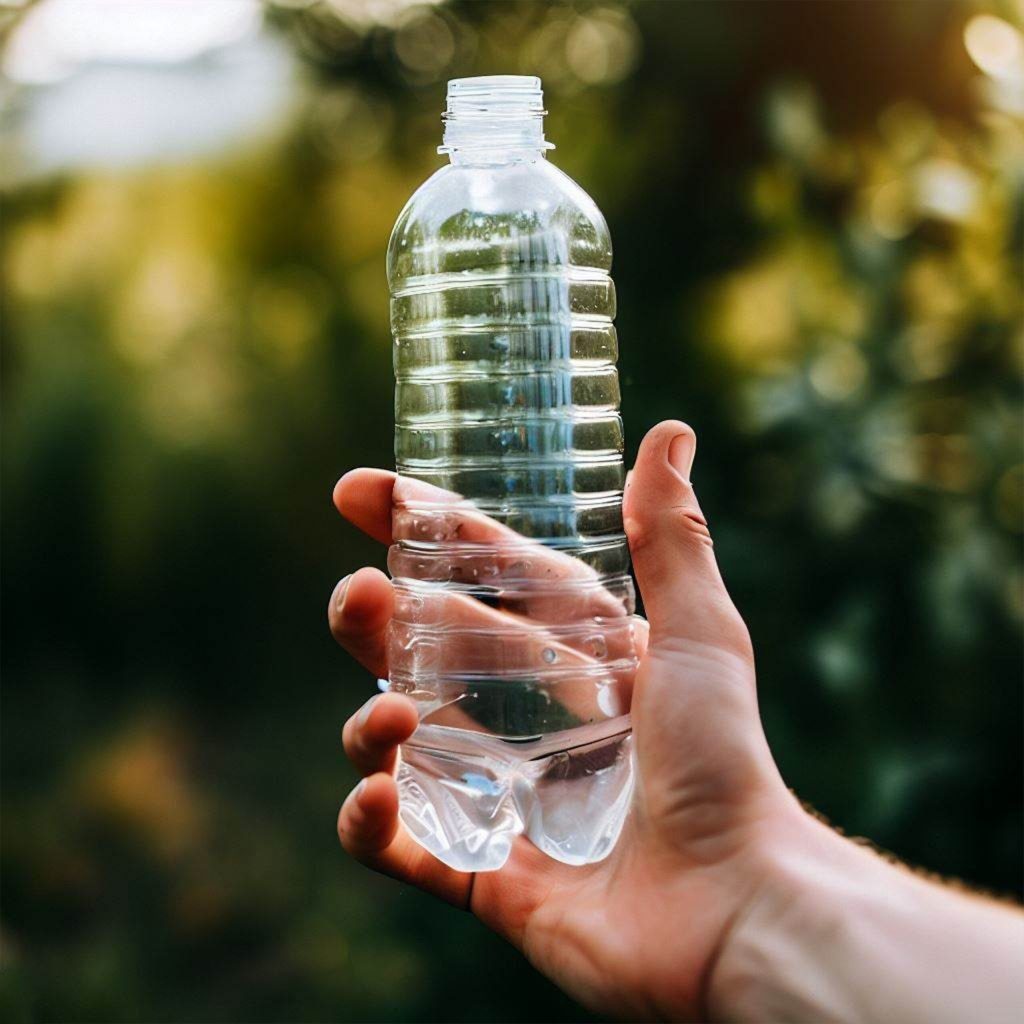
How National Deposit Return Schemes Change Consumer Behaviour
Deposit return schemes (DRS) are programs that provide financial incentives for individuals to return used beverage containers for recycling or reuse. These schemes are designed to reduce litter and increase recycling rates for various containers, such as bottles and cans. In this blog post, we will explore how national deposit return schemes can change consumer behaviour and promote sustainability, by looking at some examples from around the world.
What is a deposit return scheme?
A deposit return scheme is a system where consumers pay a small deposit on top of the price of a beverage, which is refunded to them when they return the empty container to a designated collection point. The collection points can be reverse vending machines (RVMs), manual over-the-counter points, or other convenient locations. The returned containers are then collected by beverage distributors or other entities, who arrange for their recycling or reuse.
The deposit amount can vary depending on the type and size of the container, but it is usually between 10 and 25 cents. The deposit acts as an incentive for consumers to return their containers, rather than throwing them away or leaving them as litter. By doing so, they not only get their money back, but also contribute to a circular economy, where valuable materials are kept in use for as long as possible.
How do deposit return schemes change consumer behaviour?
Deposit return schemes have proven to be very effective in changing consumer behaviour towards recycling and reducing litter. According to a report by Reloop Platform, an international network of experts on circular economy, deposit return schemes can achieve recovery rates of over 90% for beverage containers, compared to less than 50% for other collection systems. This means that more containers are returned and recycled, rather than ending up in landfills or incinerators.
Deposit return schemes also reduce the amount of litter caused by beverage containers, which can have negative impacts on the environment, wildlife, and human health. A study by Eunomia Research & Consulting found that deposit return schemes can reduce beverage litter by 30-84%, depending on the deposit value. This can save costs for local authorities and communities, who have to spend money and resources on cleaning up litter.
Moreover, deposit return schemes can increase consumer awareness and engagement with recycling and sustainability issues. By placing a monetary value on the containers, consumers are more likely to perceive them as resources, rather than waste. They are also more likely to learn about the environmental benefits of recycling and reuse, and how their actions can make a difference. Deposit return schemes can also create opportunities for social interaction and community involvement, as consumers can choose to donate their deposits to charities or local causes.
How do deposit return schemes promote sustainability?
Deposit return schemes promote sustainability by creating a closed loop recycling system that ensures that the materials used for beverage containers are returned and recycled into new products. This reduces the need for virgin materials, which saves energy, water, and greenhouse gas emissions. For example, recycling one tonne of aluminium cans saves 14 tonnes of CO2 equivalent emissions, compared to producing them from raw materials.
Deposit return schemes also support the development of a circular economy, where waste is minimized and resources are used efficiently. By increasing the quantity and quality of recycled materials, deposit return schemes can stimulate innovation and investment in new technologies and infrastructure for recycling and reuse. They can also create new jobs and income opportunities for various stakeholders involved in the collection and processing of containers.
Furthermore, deposit return schemes can align with other sustainability policies and initiatives at national and international levels. For instance, deposit return schemes can help countries meet their targets under the EU Circular Economy Package, which aims to increase recycling rates and reduce landfilling of waste. They can also contribute to the UN Sustainable Development Goals, especially those related to responsible consumption and production, climate action, life below water, and life on land.
Conclusion
Deposit return schemes are a proven solution to address the challenges posed by beverage container waste. They can change consumer behaviour towards recycling and reducing litter, by providing a financial incentive and a convenient system for returning containers. They can also promote sustainability by creating a closed loop recycling system that saves resources and emissions, supports a circular economy, and aligns with other environmental goals. Deposit return schemes are already implemented in many countries across the world, such as Germany, Norway, Lithuania, Australia, Canada, and the US [6]. More countries are planning to introduce or expand their deposit return schemes in the near future, such as Ireland, Scotland, England, Wales, France, Portugal, Romania, Turkey, India, Malaysia, Kenya, South Africa, Chile, Brazil and New Zealand. Deposit return schemes are a win-win solution for consumers, businesses, governments, and the environment.
If you liked this article, you might also find this interesting Deposit Return Schemes: A Smart Way to Reduce Environmental Pollution

